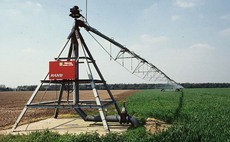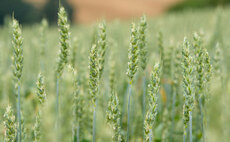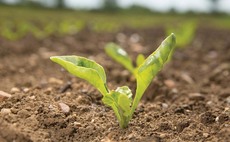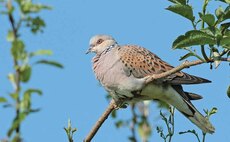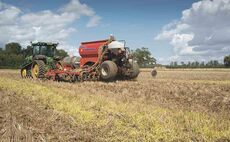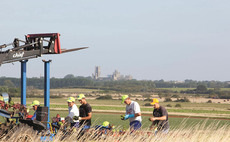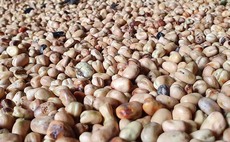Author profile
Arable
The Government has granted an application for emergency use of a neonicotinoid seed dressing on sugar beet in 2021.
Arable
A collaborative project between Anglian Water, Essex & Suffolk Water and Wheatley Solutions has launched to help manage local water resources in water-stressed parts of the region.
Arable
Environment secretary George Eustice has voiced his support for gene editing technology regulation to be reviewed in England, but Scotland has said it will not reconsider its position yet.
Arable
The Government has opened its public consultation into future regulation on gene editing.
Arable
Íæż½ã½ã are being encouraged to take part in pioneering conservation work aimed at saving one of the UK’s most iconic farmland birds, the critically endangered turtle dove.
Arable
With a greater focus on soil health, carbon and cost putting pressure on plough-based systems, Alice Dyer hears the experiences of three farmers who have made changes to their cultivations.
Arable
In 2020, the Covid-19 pandemic left many farms that rely on seasonal labour during the summer struggling to find workers to harvest high value veg crops.
Arable
Spring bean varieties LG Viper, LG Sphinx and Allison have joined winter bean Norton on the PGRO’s 2021 Descriptive List.
Arable
Walkers crisps, one of the largest buyers of British potatoes, is turning its potato waste into fertiliser to reduce its carbon footprint.
Arable
NFU Sugar has rejected claims made by environmental campaigner, George Monbiot, that it was ‘secretly lobbying the Government to allow neonicotinoid pesticides to be reintroduced after Brexit’.

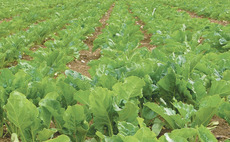
 08 January 2021
•
1 min read
08 January 2021
•
1 min read
